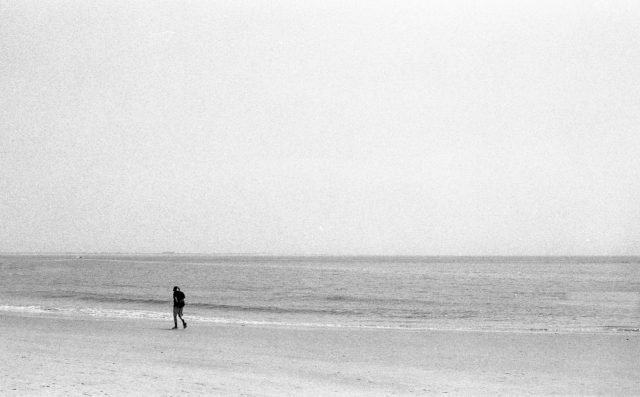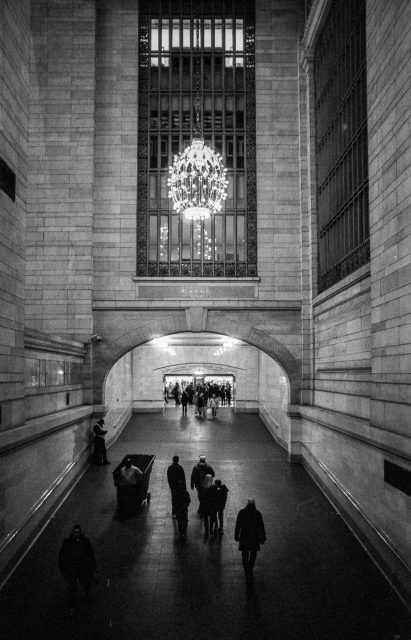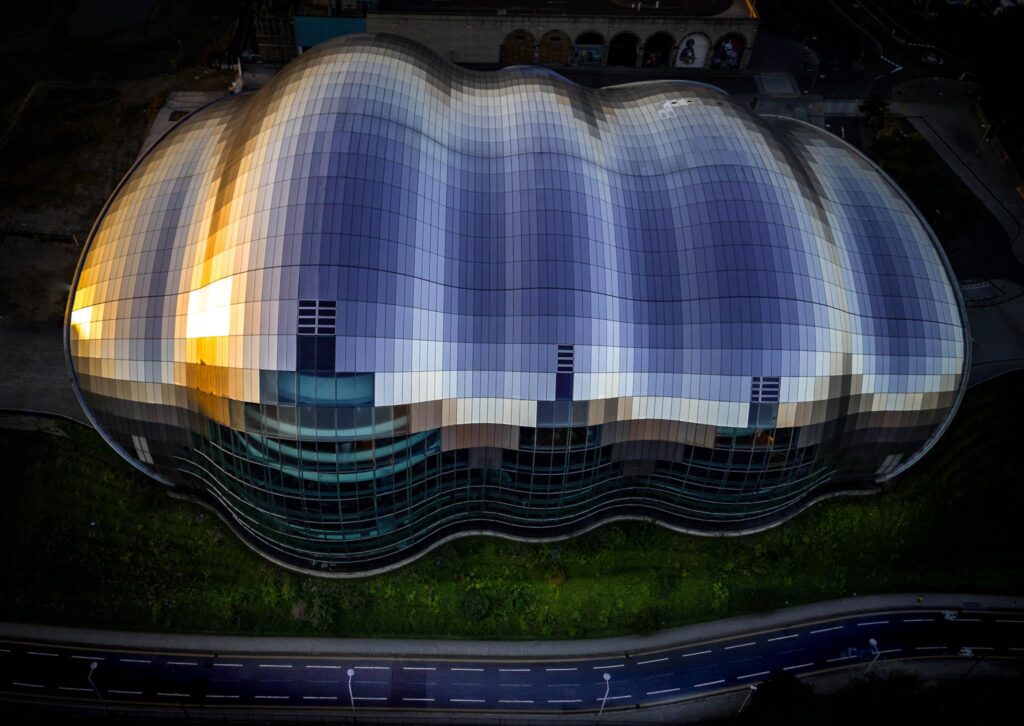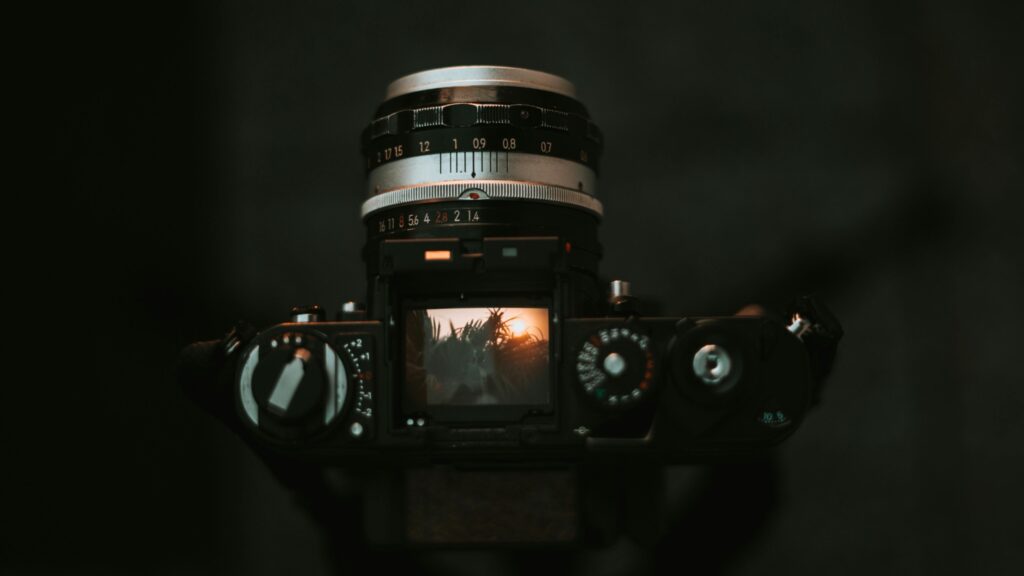How do you know if your photography is any good? Probably the most common way of assessing this question is to compare your work to others.
Whether such an approach is advisable or effective in the long term can be debated, but comparison is a pragmatic first step in critiquing your photography.
Then, of course, there’s the option of asking others to critique your work which, for most people, means turning to the internet.
You can get feedback almost instantly — for free. The problem is it takes a level of confidence to have strangers review your images – confidence which you might not have in the beginning.
Also, the internet is sometimes populated by self-proclaimed experts who are better than you in every way and trolls whose only purpose in life is to derail constructive conversation.

So, what are you to do if you’re looking for someone to critique your work?
We will always advocate for the Shark Tank here on Light Stalking but if you are not ready to send your images into the ether then my suggestion is to do it yourself.
These seven questions will get you critiquing your photography like a pro.
1. Does My Photo Have Great Composition and Framing?
Often considered the most important element of a photo, start critiquing your photography with an assessment of composition. Some questions to ask yourself:
- Is your photograph easy to “read?”
- Is there a clearly defined subject?
- Is there visual balance?
- Is there anything that distracts from the aesthetic weight of the photo?
2. Does My Crop Enhance Or Detract From My Image?
Does the way your photo is cropped complement the composition and framing? Avoid cropping in a manner that makes your subject look awkward.
3. Is My Exposure Right For My Intent?
To say that you should nail exposure is a bit vague, as “proper” exposure isn’t necessarily a universal concept. A high key shot or a silhouette are two examples that don’t fall into standard exposure principles, but no matter what the subject/scene is you want to avoid blocked-up shadows and severely blown out highlights.
4. Is My Photograph In Focus?
The most important part of your photo should be in focus. I say “should be” instead of “needs to be” because depending on your style of work, there are times when less-than-perfect focus is the intent.
5. Have I Thought About The Background Of My Image?
Does the background or a background element detract from the subject? This is a common problem with portraits — trees, light posts and other objects that appear to be growing out of a subject’s head, all of which you want to avoid.
6. Is My Image Impactful?
Is your photo a cliched yet technically competent shot, or does it possess a legitimate wow-factor even if flawed in a minor way? Know what purpose your work serves to help determine how it will be received by viewers.
7. Processing/Technical Quality – Have I Improved My Image In Post?
Does your photo exhibit excessive noise, color fringing, dust spots or obvious distortion? These are things that can and should be corrected. Is your photo over processed? Heavy-handed post-processing can ruin even the best photos.
Final Thoughts
I don’t see good photography as being perfect photography — there’s no such thing. Critiquing your photography should be about improving on the deficiencies that reveal themselves in your images and assessing your growth over time.

It’s fine to subject your work to the constructive criticism of others if you so choose, but no opinion is more intrinsically valuable than your own.
Is it possible to be objective about something as subjective as photography? Not entirely, but the seven guidelines above hopefully provide a way for you to take a well-rounded look at your own work.




